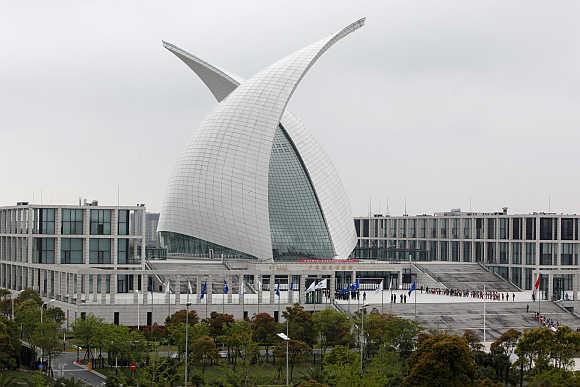
To aid global rebalancing, China needs to re-orient domestic policy to social spending, writes Parthasarathi Shome.
As China enters a new decade of changed leadership, it faces many international and domestic economic challenges. The 2008-09 global economic crisis and the 2011-12 euro-area sovereign debt crisis have raised the question whether current account surplus countries have appreciated their exchange rates to reflect market realities.
It is increasingly recognised that China has appreciated the renminbi not insignificantly against the dollar, euro and pound sterling during 2007-12, broadly from 20 to 35 per cent. Recall that the real effective exchange rate is the nominal exchange rate multiplied by the ratio of foreign to domestic inflation.
...
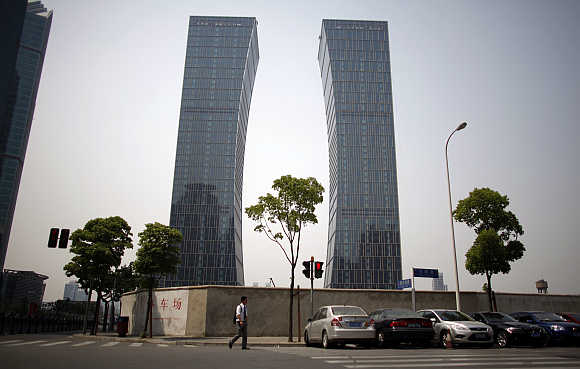
Between 2007 and 2011, the renminbi appreciated in real terms against the dollar, the euro and sterling by 20 per cent, 19 per cent and 33 per cent respectively. Similarly, movements in the NER suggest that the renminbi appreciated during the same period by 15 per cent, 13 per cent and 32 per cent respectively.
The higher appreciation against sterling reflects a large depreciation of the pound during the first crisis of 2007-09. And the renminbi has continued to appreciate steadily in 2011-12, with the general view taking hold that China is at present serious in its currency appreciation policy.
...
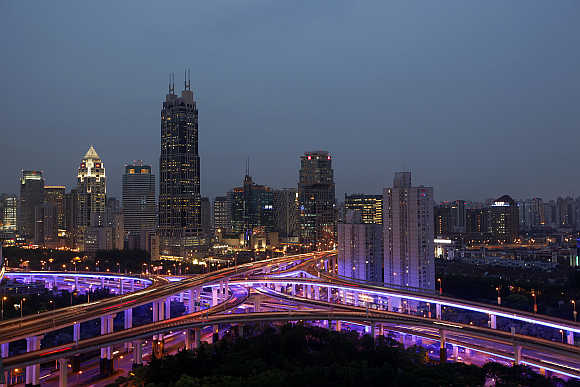
It is also being recognised, however, that currency appreciation alone will not be sufficient for China to contribute successfully to global rebalancing. Further action would need to emanate from its domestic sector - for, after all, the imbalance of exports in excess of imports in the external sector translates exactly into the imbalance of excess of savings over investment in the domestic sector. Thus, what could such domestic actions comprise?
Typically, there are structural catalysts that underlie a macroeconomic disequilibrium. In China, demand for imports of commodities - that have comprised raw material for building economic infrastructure - is already high.
...

In fact, as this author has pointed out earlier in this column, China has come under criticism, somewhat inconsistently, from the developed world for taking up too much of the global supply of commodities even while being asked to raise demand. Under the circumstances, one area where China could raise demand is to increase the government's inadequate levels of social expenditure.
Public expenditure on social security, health, and education is likely to be negatively related with the current account imbalance. High public expenditure would indicate a lower need for personal savings to meet these demands, which would translate to a lower current account surplus.
...
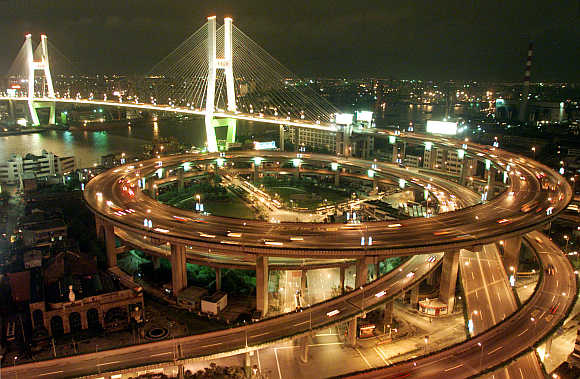
Instead, the lack of well-developed social protection systems induces households to set aside a large portion of their disposable incomes to cover life-cycle risks related to health, accident, old age and unemployment. Social protection systems that help mitigate these risks can assist in bringing down such precautionary savings, and thus in rebalancing the current account.
Recent international research suggests that an increase in government expenditure on social safety nets reduces private savings, and the impact is higher for developing compared to developed countries. This probably reflects the fact that public expenditure on health and education is relatively low for developing and oil-exporting countries.
...
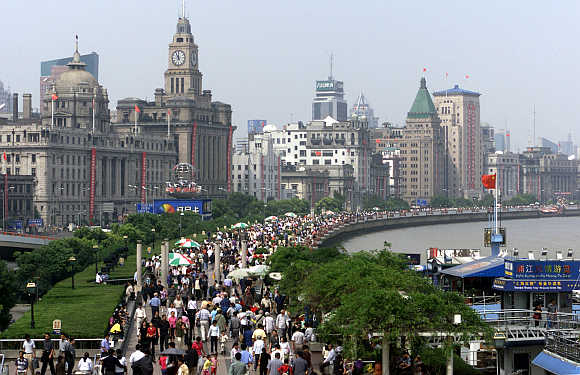
In China it was four per cent of gross domestic product in 2009. It was seven per cent of GDP in oil-exporting countries, comparable to Russia. Further, their per capita expenditure is also low in dollar terms compared to the US, UK and Germany. In China this appears to be an important reason that contributes to high precautionary savings on the part of households.
Recent research from the Organisation for Economic Co-operation and Development, or OECD, suggests that an increase in public health spending would reduce China's current account surplus by as much as 2.5 per cent of GDP out of a total surplus of 10 per cent of GDP.
...
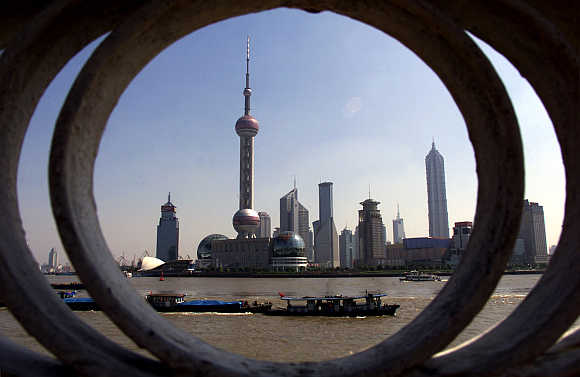
Thus, higher public provision of social services and more extensive social safety nets would enhance consumer confidence and boost consumption, thereby reducing China's precautionary savings rate.
In conclusion, China's cautious policy has certainly paid off so far in advancing its global presence. It has secured a permanent seat in the United Nations Security Council. Over the years, it has increased and holds a good share of US public debt. It has obtained higher representation in multilateral institutions, etching out for itself the position of deputy managing director at the IMF.
...
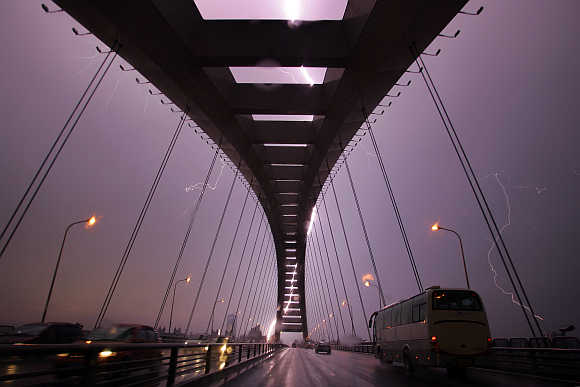
Over and beyond its overwhelming presence across Asia, its presence in Africa has steadily grown where its command over natural resources has been more than minimal. Its entrance to Latin America is also apparent and significant.
China should now be making changes in its economic stance from its commanding heights. The government has already made huge investments in economic infrastructure, thus pushing up demand. It has now got to raise social expenditure in health and education and thus buttress public sector demand further.
...

A significant rise in such public expenditure will, first, raise the economy's overall consumption level and, second, reduce the need for huge precautionary savings of the household sector.
This is clearly a win-win situation for China. Thus, while facilitating global rebalancing, it also offers China a great opportunity to use its surplus to catch up with developed economies in social expenditures (in proportion of GDP) and thus make another giant leap forward towards achieving fully developed status.
Yet China appears to continue to be cautious in redirecting its policy stance significantly. It is time for it to do so convincingly.
The writer is professor, Icrier, New Delhi. These views are exclusively his own